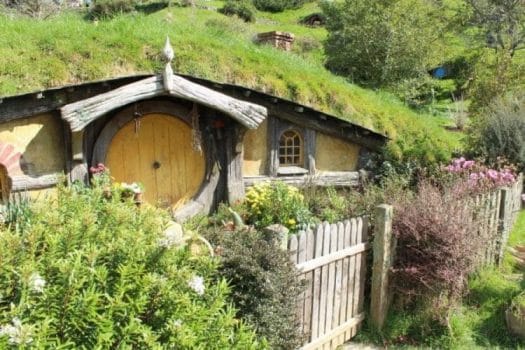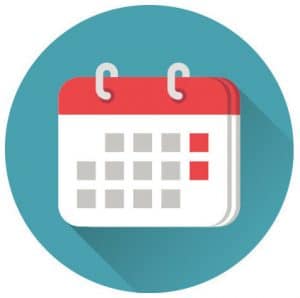
Buying a brand new, perhaps not even built investment property, appears to have opportunities older properties don’t. As a rental property the process of picking the site and choosing a design can appear exciting. Deciding features, colours, finishings can be fun. Brand new means less problems and next-to-no maintenance issues for at least a few years.
Financials
The financial advantages of building from scratch are twofold. Stamp Duty is not payment on land and the depreciation schedule on the resultant property is far greater than with an established house. What this means is that you can claim a greater deduction against your personal or company taxable income in the early years of ownership. Fixed price building contracts can secure your property into an affordable bracket, but there are still a number of disadvantages to building a new property.
The disadvantages of building a new property can be significant. Besides obvious risks like the builder going bankrupt there can be delays with contractors and the completion date. The most significant risk is underestimating the market for sales and rental when the property is completed. Estimating markets 12 to 18 month ahead is an almost impossible task.
Examples
Consider an example of a land development which was purchased four years before building a group of townhouses. At the time of purchase, the land value was 1 million dollars. By the time the units came to be built this has decreased by 25%. The implications for the build are significant and the reduction in land equity requires a significant increase in sales prices for the investors to break even. The bank often requires more security for such a build tying up precious cash flow.
Whether the units are sold or rented there will be difficulties aced in such situations.
Another disadvantage of new property is the potential for lower capital growth for about five years, so the investor in a new property needs to be prepared to hold onto it for at least five, probably ten years, to see a decent return. Quick turnaround for a swift profit is not usually an option here, unless it is in a well-established suburb with limited development opportunities, and hence demand is higher than in a new estate.
New or Used
So – is it better to buy an established property? Many of the issues raised above can be avoided by doing so. But it is not all plain sailing here either. Maintenance issues, neighbours, heritage considerations, council recommendations and limitations for development all have an impact. Older suburb and established areas change their demographics, which can have negative as well as positive impacts on investments.
Another example: House 1 is a shabby-shack deceased estate in a highly desirable capital city suburb, with access to schools, transport and all the other things that are generally valued by purchasers. House 2 is a bargain basement buy in a country town with no maintenance for 30 years but “potential to be the golden nugget of the region” (you can imagine who wrote that). Which one is the better investment? A million dollars in an affluent capital city suburb, or $250K in a regional community with potential?
You probably know the answer to this already. Location, location, location. The worst house in the best street is generally going to be a much safer option than a great house in an area with lukewarm demand.
At the end of the day, like politics, property is generally predictable from precedents, but is vulnerable to unexpected influences and market forces, and it will never be risk-free.
Summary
Tips to help you decide between a new or an established investment property:
- Research your market – look at prices, rentals, returns, and fixed costs in the area you want to buy
- Your investment strategy – long or short term, negative- or positive- gearing, exit strategy
- Personal or company financial planning and the impact of a depreciation schedule
- Are there any long-term options for the property e.g. redevelopment
- Be open to golden opportunities and unusual circumstances that may prove profitable – but don’t forget the research.




